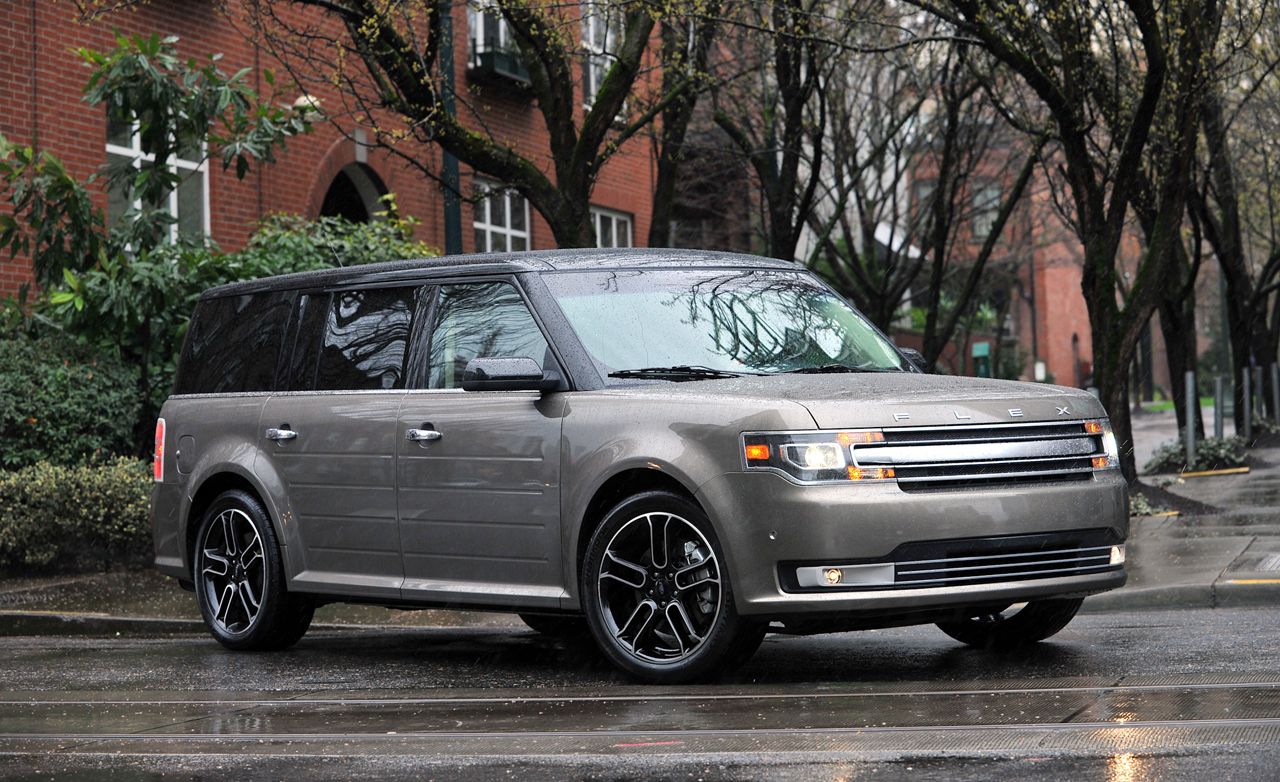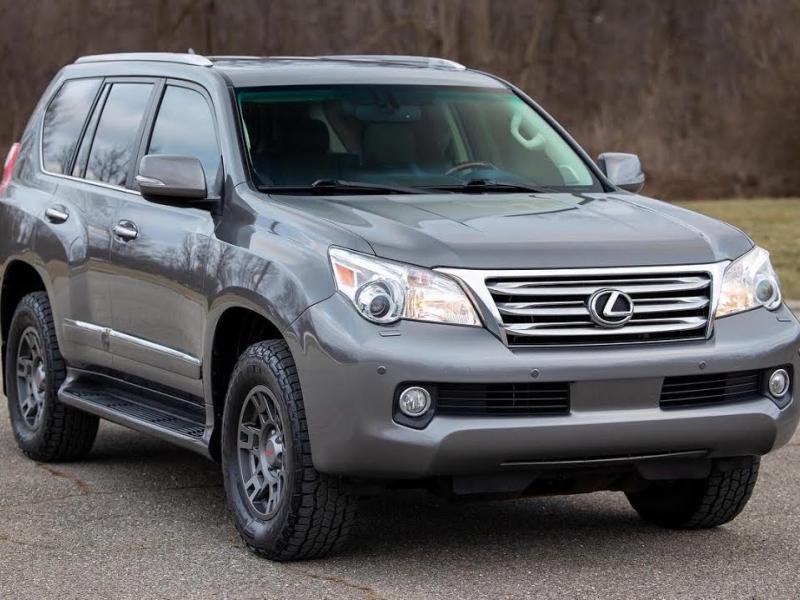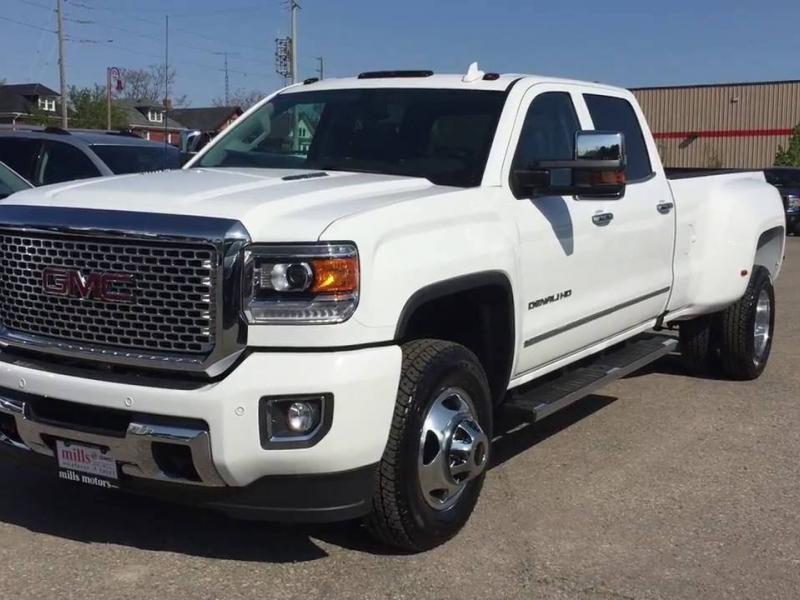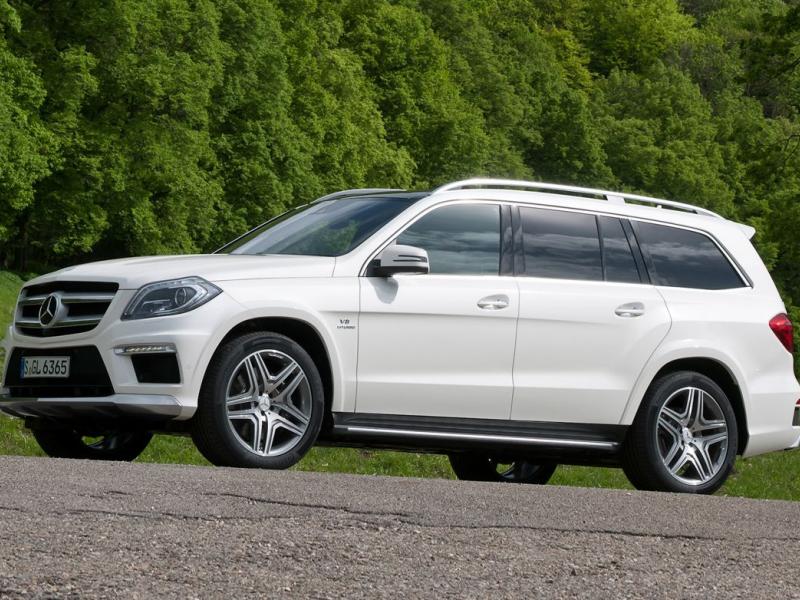What to Do in a Car Accident
Driving is a privilege, and one of the responsibilities you take on in exchange for that privilege is knowing how to react in case of an accident. No one enjoys being in a car wreck, but sometimes you haven’t got a choice in the matter. When it happens, a little preparedness goes a long way.
Let’s go over some of the ways you can be prepared for an accident. Here are some suggestions that can make the situation less stressful and ensure all parties are treated fairly.
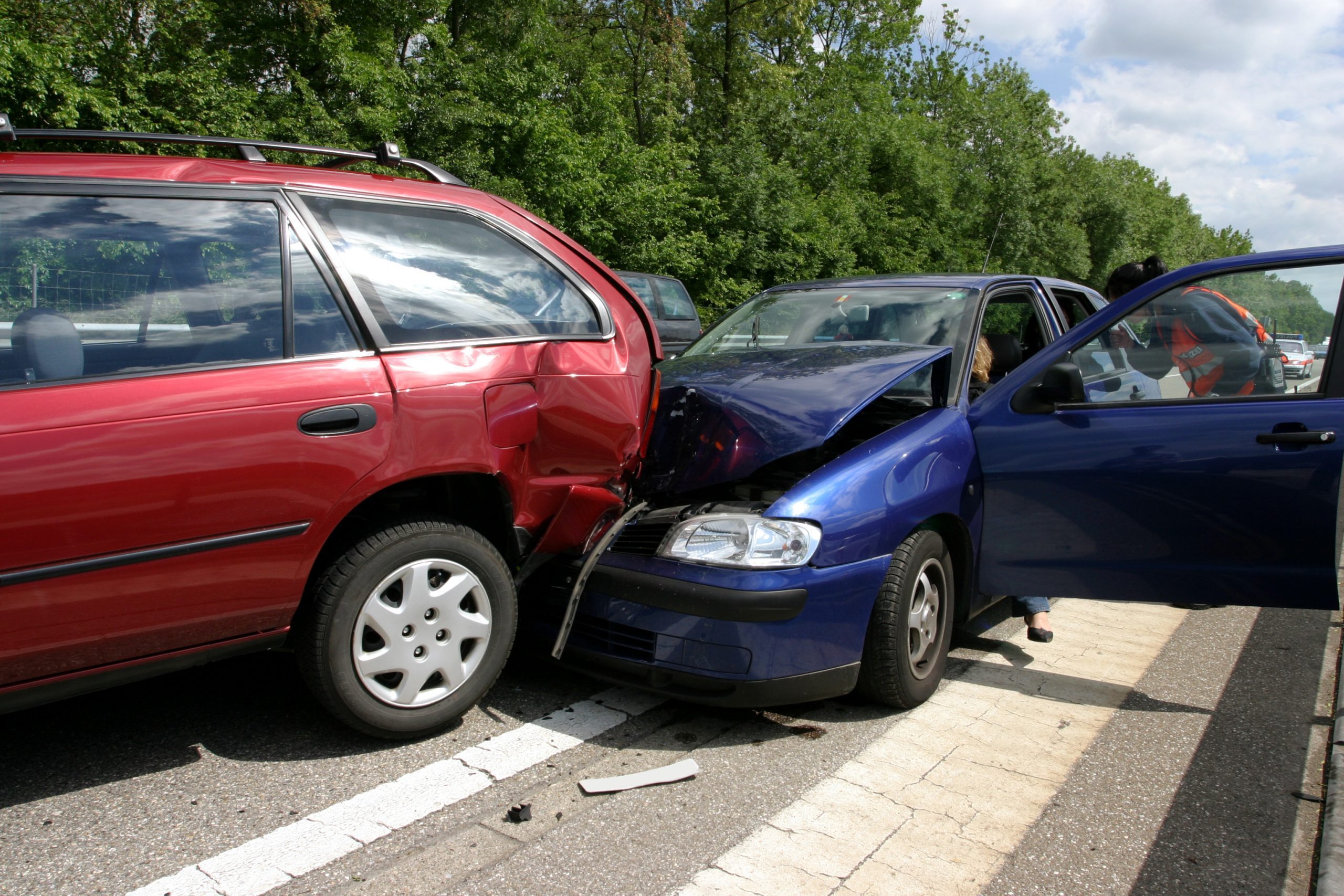
Be Prepared
When you set out on the road, you have no way of knowing what could happen. This is why it’s wise to carry a few small items that will come in handy if an accident should occur. Keep a pen and pad available in your car to make exchanging information with other drivers easy.
You should also consider having a reflective warning triangle or set of flares on hand to warn other drivers there’s been an accident. A first-aid kit is another great thing to have.
Finally, practice safe driving techniques to keep from winding up a statistic. Behaviors like texting and driving, failure to obey traffic signs and driving under the influence can all be cited as factors making you at fault for an accident.
First Steps
If an accident takes place, first make sure you’re unharmed and then try to breathe and get past the initial shock of the situation. Make sure all persons involved in the accident are unharmed, and if necessary get medical help.
If your car is drivable, get it out of the way of traffic and deploy your triangle or safety cones to make sure other drivers notice you. You can turn your hazard lights on if you don’t have any other means. Even if your car seems fine, it may drive differently after an accident.
Stop your vehicle and assess the situation. In some states, you are legally required to call the police. Many insurance companies recommend doing this in every situation. A police report can catalog important information that your insurance can use to evaluate the crash.
Exchange Information
Once it’s clear all parties involved are unharmed, engage the other driver and make sure you exchange information. You can also get the police involved if the driver is irate or unwilling to cooperate. Exchange contact information, insurance providers and policy numbers, and the badge number and contact information of any police or medical personnel on the scene.
You’ll also want to document the location of the crash and if possible, take pictures. Share all of this information with both parties.
Some insurance providers have smartphone apps available that will help you make sure you get all of the required information following a wreck. Check out your provider’s website to see if they have one available.
Consider a Claim
With your info exchanged, you are ready to contact your insurance company and file a claim. Of course, this isn’t required and not all drivers will choose to file a claim for every accident. Ultimately, it’s your decision, and each situation should be handled cautiously to make sure all involved parties feel they are treated fairly.

